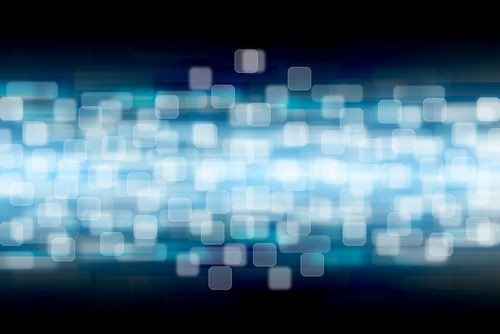Smartphones' Blue Light May Lead To Weight Gain As A Result Of Poor Sleep

You already know the blue light that emits from your smartphone disrupts production of the sleep hormone melatonin. And as research continues to strengthen the association between sleep deprivation and obesity, it was only a matter of time before a study found smartphones might make people fat, too. Yes, that time is now.
Scientists at the University of Granada in Spain injected rats with melatonin and found regulating this hormone helped to combat obesity and diabetes. Their animal research is similar to research being done at Manchester University, where the effects of regular sleep patterns are being monitored in patients with diabetes. Dr. Simon Kyle, a sleep researcher at the University’s School of Psychological Sciences and on the team at MU, said that while the work is ongoing, they’ve found a link between circadian patterns (a person’s internal clock) and disease.
“We are interested in how an alteration in the sleep-wake pattern may be involved in the onset of diabetes and obesity and if, when you improve the timing of sleep you can also have a positive effect on conditions like diabetes and obesity,” Kyle said in a press release.
The timing of sleep doesn't only mean a regular, healthy dose of melatonin; it also means a regular, healthy dose of ghrelin and leptin, the hunger hormones. Without sleep, these hormones can be altered, skewing a person's appetite and encouraging them to overconsume high-calorie foods. Consuming more of these increases risk for belly fat, which then increases risk for diabetes. It's all one viciously hungry cycle.
Though, this isn’t the first time off-balance hormones and circadian patterns, or rhythms, have posed a threat to our health. Disrupted patterns (a result from when we miss the external signals and clues the sun is up or down) increases risk for metabolic syndrome and fatty liver. Our body being able to tell when the sun is rising and setting, or when it's time to wake-up versus sleep, keeps it on an even, healthy keel.
Yet, most people are in the habit of charging their phones, tablets, any other gadget of choice in their bedrooms, be it physically in bed (hey, no shame in maximizing your space) or nearby on a nightstand. Even if you made a point to turn off all devices a while before bed, the light from a late-night message or notification can still disrupt melatonin secretion, "and that could contribute to alterations in metabolism," Kyle said.
A better idea is to charge your phone in another room. And, as always, sleep with as little light as possible. Pitch-black conditions reset your internal clock, helping you get up and eat at the right times.



























